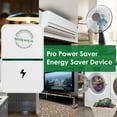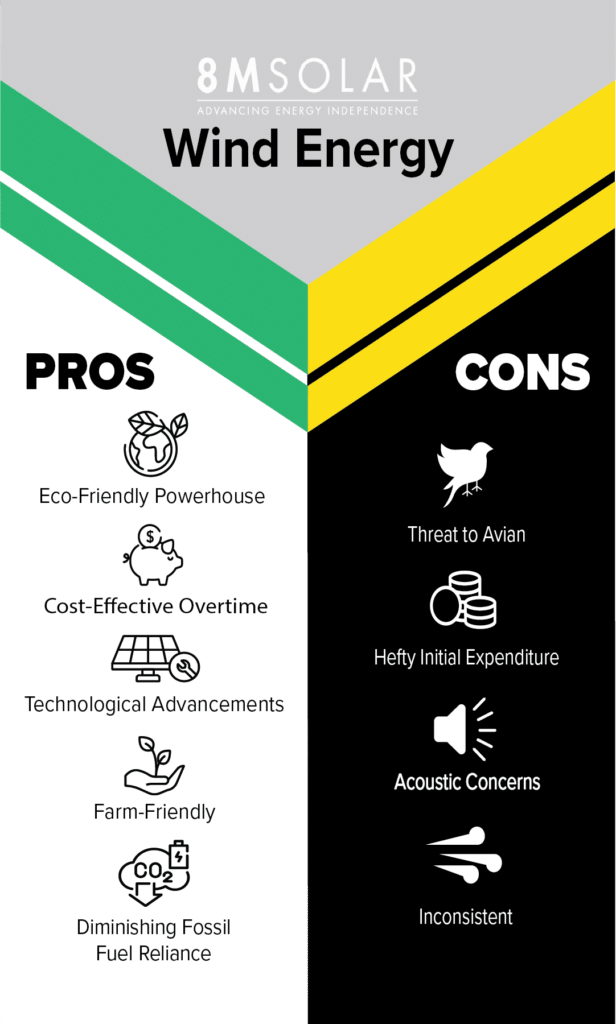Pro Power Saver Pros And Cons

Amid rising energy costs and growing environmental concerns, the Pro Power Saver, a device marketed as a home energy-saving solution, has garnered attention. Claims of significant electricity bill reductions have fueled its popularity. However, skepticism remains regarding its effectiveness and potential drawbacks.
This article delves into the pros and cons of the Pro Power Saver, examining its purported benefits, potential limitations, and overall impact on consumers.
What is the Pro Power Saver?
The Pro Power Saver is typically marketed as a plug-in device that stabilizes voltage, balances current, and reduces power loss. Manufacturers often claim it optimizes electrical flow within a home, leading to energy savings and a longer lifespan for appliances. These devices are usually sold online through various retailers and distributors.
Potential Benefits (Pros)
Ease of Installation
One of the most frequently cited benefits is its simple installation process. Users simply plug the device into a standard electrical outlet. No specialized knowledge or professional assistance is required.
Potential for Minor Energy Savings
In some limited cases, particularly with older appliances or homes with inefficient wiring, a device like the Pro Power Saver *might* offer marginal improvements in power factor. This *could* lead to a slight reduction in energy consumption. However, the magnitude of such savings is often debated and may not be substantial.
Surge Protection (In Some Models)
Some variations of the Pro Power Saver include surge protection features. This *could* offer a degree of protection against power spikes that can damage sensitive electronics.
Potential Drawbacks (Cons)
Dubious Claims of Significant Savings
The most significant concern surrounding the Pro Power Saver lies in the often-exaggerated claims of substantial energy savings. Independent testing and analysis by organizations like Underwriters Laboratories (UL) have often failed to substantiate these claims. Many experts argue that modern appliances are already designed for optimal energy efficiency and that any additional savings from such devices would be negligible.
Lack of Independent Verification
Many Pro Power Saver products lack rigorous independent testing and certification from reputable organizations. This makes it difficult for consumers to verify the manufacturer's claims and assess the device's true effectiveness.
Potential for Electrical Problems
Low-quality or poorly designed Pro Power Saver devices can potentially introduce electrical problems. These problems can range from overheating outlets to more serious issues such as electrical fires. It's crucial to exercise caution when purchasing and using such devices, and to ensure they are certified by a recognized safety organization.
"Placebo Effect" and Psychological Savings
Some users may perceive savings simply because they believe the device is working. This "placebo effect" can lead to a subjective feeling of reduced energy consumption, even if there are no actual quantifiable savings.
Misleading Marketing Tactics
The marketing of Pro Power Saver devices often relies on technical jargon and misleading language to create a sense of scientific validity. This makes it difficult for average consumers to assess the true value and effectiveness of the product.
Expert Opinions and Regulatory Concerns
Electrical engineers and energy efficiency experts generally advise caution when considering Pro Power Saver devices. They often point out that modern electrical grids and appliances are already designed to operate efficiently. They add that the purported benefits are often overstated. Regulatory bodies, such as the Federal Trade Commission (FTC), have taken action against companies making unsubstantiated claims about energy-saving products.
Impact on Consumers and Society
The widespread sale of ineffective energy-saving devices can have a negative impact on consumers. Consumers spend money on products that fail to deliver on their promises. This can lead to frustration and a loss of trust in energy-saving technologies. Furthermore, it diverts resources away from more effective energy efficiency measures, such as upgrading to energy-efficient appliances or improving home insulation.
Conclusion
While the Pro Power Saver may offer marginal benefits in very specific situations, the overwhelming evidence suggests that it is unlikely to deliver the substantial energy savings often claimed by manufacturers. Consumers should exercise caution. They should do thorough research before purchasing such devices. Consulting with a qualified electrician or energy auditor is advisable. Prioritizing proven energy-saving strategies, such as upgrading appliances and improving insulation, is generally a more effective and reliable approach to reducing energy consumption and lowering electricity bills.


















